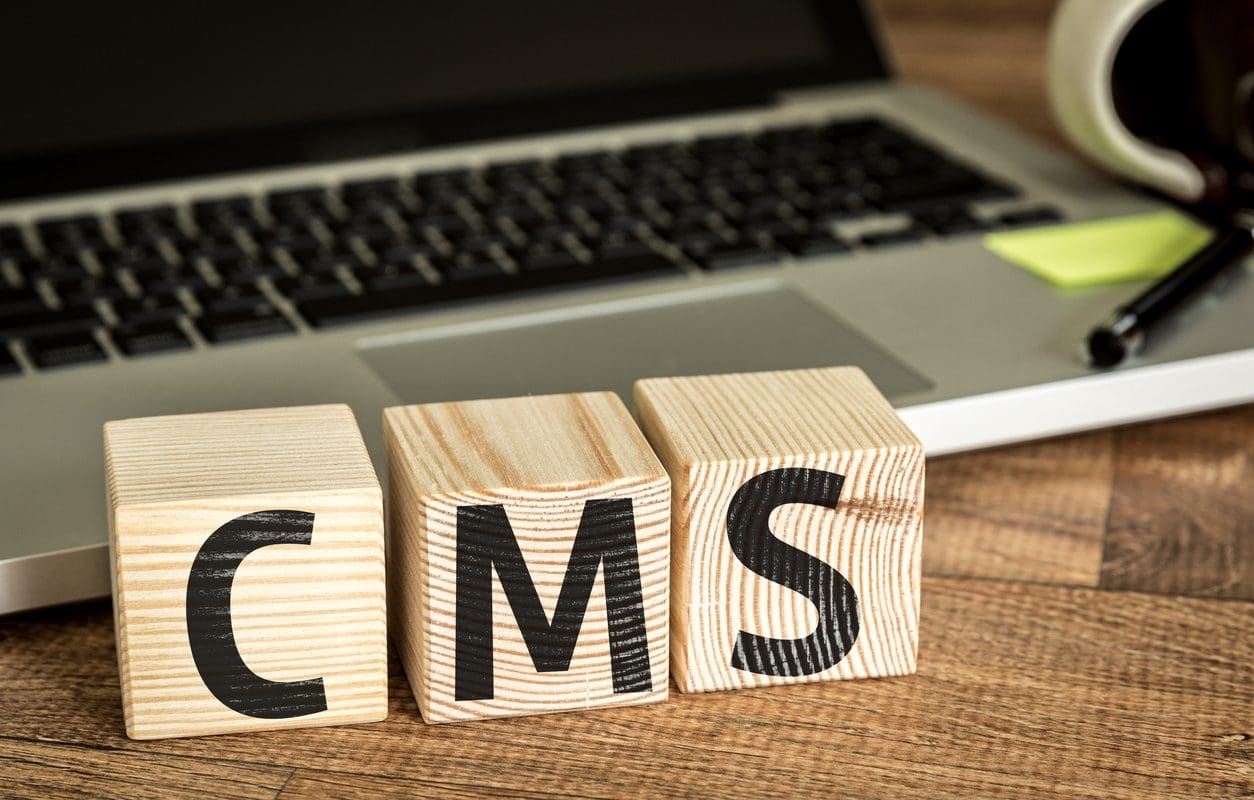
What is a Content Management System?
When you talk to your web designer about the design and layout of your new website, you’ll need to ask about a Content Management System, which means you need to learn what it is and what it does.
What is a Content Management System?
A Content Management System is a hefty mouthful to pronounce, which is why most people refer to it as a CMS. In simple terms, it’s a program that enables you to make changes to your website yourself. Your web designer can either create your site as HTML files – for which you need a good understanding of web design languages in order to make changes – or use a CMS theme which stores your site in a database. Some developers refer to a CMS website as a ‘dynamic site’.
Why do I Need a CMS?
A CMS offers a number of features that allow you, as the owner, to interact with your site. You’ll be able to add images, including photo galleries if you so choose, and add a blog too, which search engines love. A blog can be a great way to make your site feature higher on search engine results pages, so it’s well worth considering. You can update your content as often as you wish, which can be particularly helpful if you want to change your prices, introduce special offers or change any of your content.
What if my Web Designer Disagrees?
Some web designers will do almost anything to persuade you not to have a CMS, and there’s a very good reason for that – they will make more money from you! Back in the days before CMS became popular, many website owners discovered that every little change and update to their sites had to be actioned by their web design team. Not only could this take time – and time, as we know, is money – but they would then receive a bill for the work. Not surprisingly, some web designers much preferred this state of affairs and would like to see a return to those days! If your web designer is reluctant to use a CMS then ask why, and discuss your website requirements with some other companies to see if they can offer you a better deal.
Should Every Website Feature a CMS?
There are some websites which don’t really benefit from having a CMS. For example, if your website is simply an online brochure for your business which hardly ever requires any changes or updates, then you might be better off with an HTML site. As a guideline, if you anticipate making changes to your site more often than once every few weeks or if you are likely to need urgent changes to your site which need to be actioned immediately in order to be effective, then you should definitely be requesting a CMS.